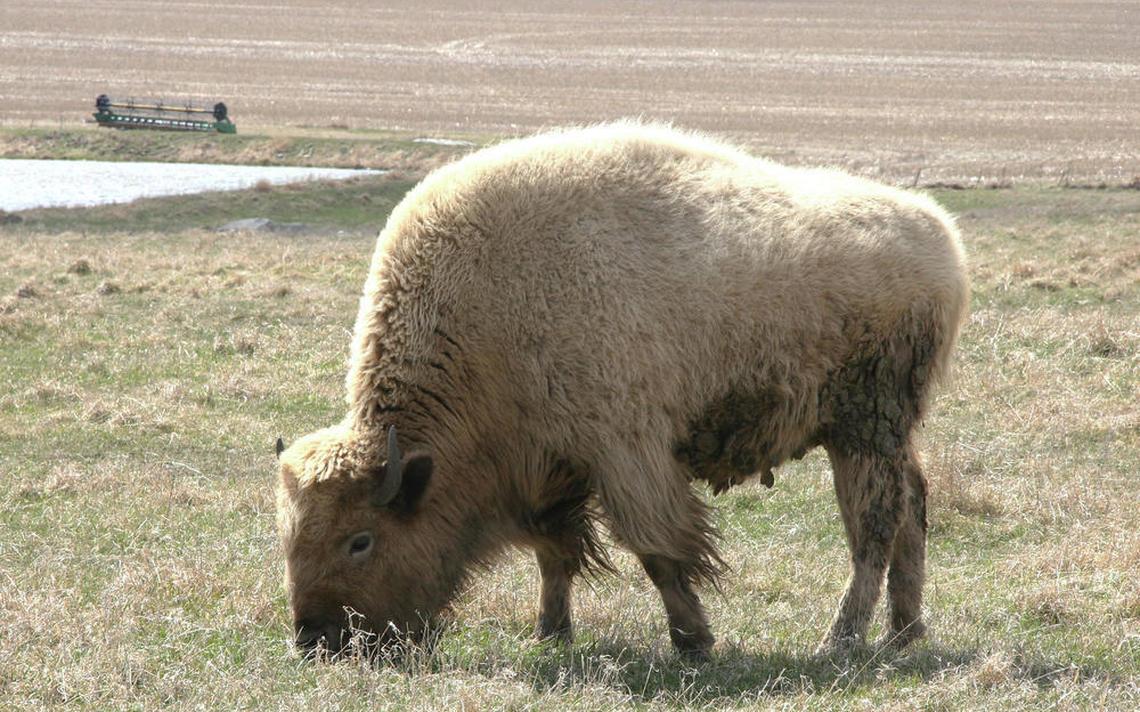
On November 20, Darlene Necan, from the Ojibway Nation of Saugeen no. 258, will have her second hearing at the Ontario Court of Justice, in Sioux Lookout.
She’s being charged $20,000 under the Public Lands Act, section 2(1), by the Ontario government for allegedly building her plywood house on Crown land last October. As a result, Necan is also currently homeless and therefore has very limited access to a computer or phone. That’s why on this particular morning, she finds herself waking up early to use the computer at her sister’s home in Ignace, Ontario, where she is staying for now. We chat for the next few hours over Facebook
[justified_image_grid preset=1 ng_gallery=1]The dispute over her plywood house, built on land where her entire family grew up, goes back to October 29, 2013. As she finished nailing the roof of what would become her residence, the Ontario Ministry of Natural Resources handed her a stop-work order. They argued she was building on the supposed township of Savant Lake.
However, with no mayor, much less a town council, the region has traditionally been known to Nishnabeks as Unorganized Indian Settlement Land. This particular piece of land was also directly given to her in an oral agreement among Nishnabeks, by her aunt and headman of the reservation, years ago, long before the OMNR showed any interest.
The house – which remains without electricity, a door or plumbing – sits beside highway 599, a major route for the development of the so-called Ring of Fire. Noront Mining – one of the major developers – has proposed a road running 280 kilometres east-west from Pickle Lake to Eagle’s Nest using this highway. The mined nickel would then end up in a transport facility “about five kilometres down the railway tracks” in Savant Lake.
“So I’m thinking that is why the OMNR wants to turn Savant Lake into a township,” she explains.
Yet, as she battles the OMNR with one hand, Necan, a residential school survivor and the band’s elected spokesperson since 2003, is also digging for the truth behind the community’s residential school settlements with the other.
She says she believes lawyer Doug Keshen, who represents the community on the matter, and Chief Edward Machimity, are misleading members.
In June of this year, the CBC reported that Keshen’s firm – Keshen and Major – was being investigated by the Indian Residential Schools Adjudication Secretariat. Complaints had emerged that he was advancing the claimants loans at high interest rates and then paying himself from their settlements.
“Now they keep stalling and cancelling meetings with us,” she writes. “Keshen represents the government of Saugeen, not the people… He also says our band wants to negotiate a bilateral meeting with Noront, but I’m guessing that’s not true, because they seem to want to push this quickly… It seems we have been cheated out of a lot of things.”
Now Necan is taking her story on the road, on a tour through various Ontario cities, hoping to raise awareness about the struggles she and the people of the Ojibway Nation of Saugeen no. 258 are facing, particularly with off-reserve housing.
Her first stop will be Toronto, on November 8. It will be hosted at the Native Canadian Centre at 6 p.m. and has been organized by a number of progressive entities including No More Silence, Muskrat Magazine and Idle No More Toronto, among others.
The tour also hopes to raise funds for the long trial ahead of her.
Necan’s path is not clear of trouble. Hitchhiking from place to place to avoid “overstaying (her) welcome” is frightening, particularly amid growing reports of missing and murdered Aboriginal women.
“I just recently had a somewhat bad experience with a non-Native guy. He started to get mad at me because of chief’s salaries… he said he was an honest taxpayer,” she writes. “He picked me up outside Thunder Bay and dropped me off [at] Kakabeka Falls… a 20 minute ride, though he was going to Winnipeg. But that was OK. I wanted to get off. He looked mad.”
In 2003, shortly after being elected spokesperson, a treaty technician who’d been working at her reservation whose English name was Richard Harper, had noticed the uphill battle she was undertaking. While he taught her about treaties, conventions and traditions, he gave her advice she still hangs onto today.
“He did tell me it was going to be a long fight,” Necan recalls.
Now, more than ten years later, those words couldn’t ring truer to Necan, who lost a son to suicide in 2002, and who admits she, too, has contemplated it at her weakest moments.
“But I always remember when he also told me, ‘If ever you get too sad, go into the bush and pray.’ That’s why I stay in the bush, I love it there. If my house in Savant Lake was done, I’d be there.”
Darlene Necan will be spending some time during her tour at Six Nations. Anyone interested in meeting with her and finding out more about her struggle can call the Two Row Times office at 519-900-5535.







